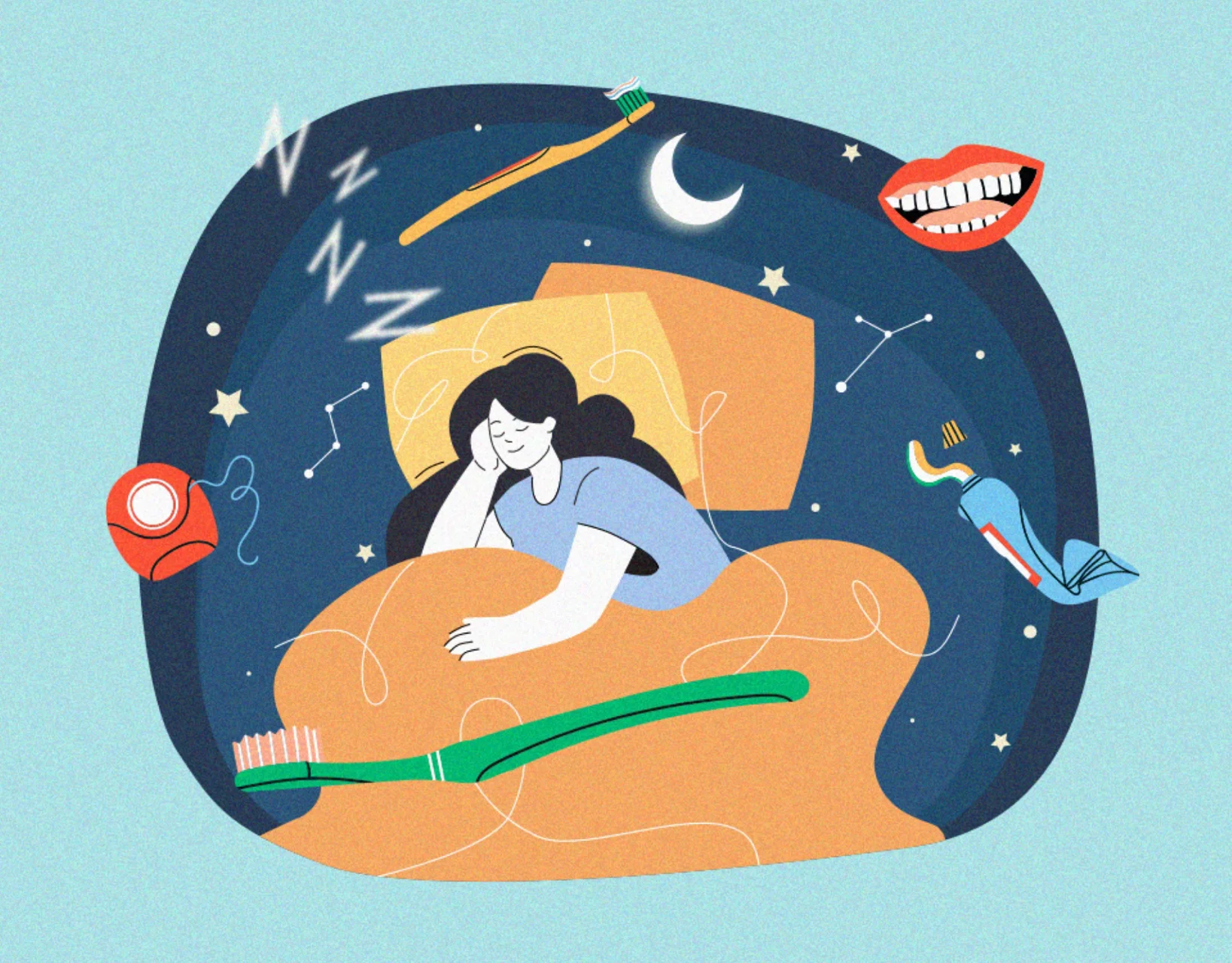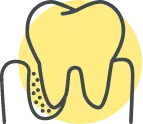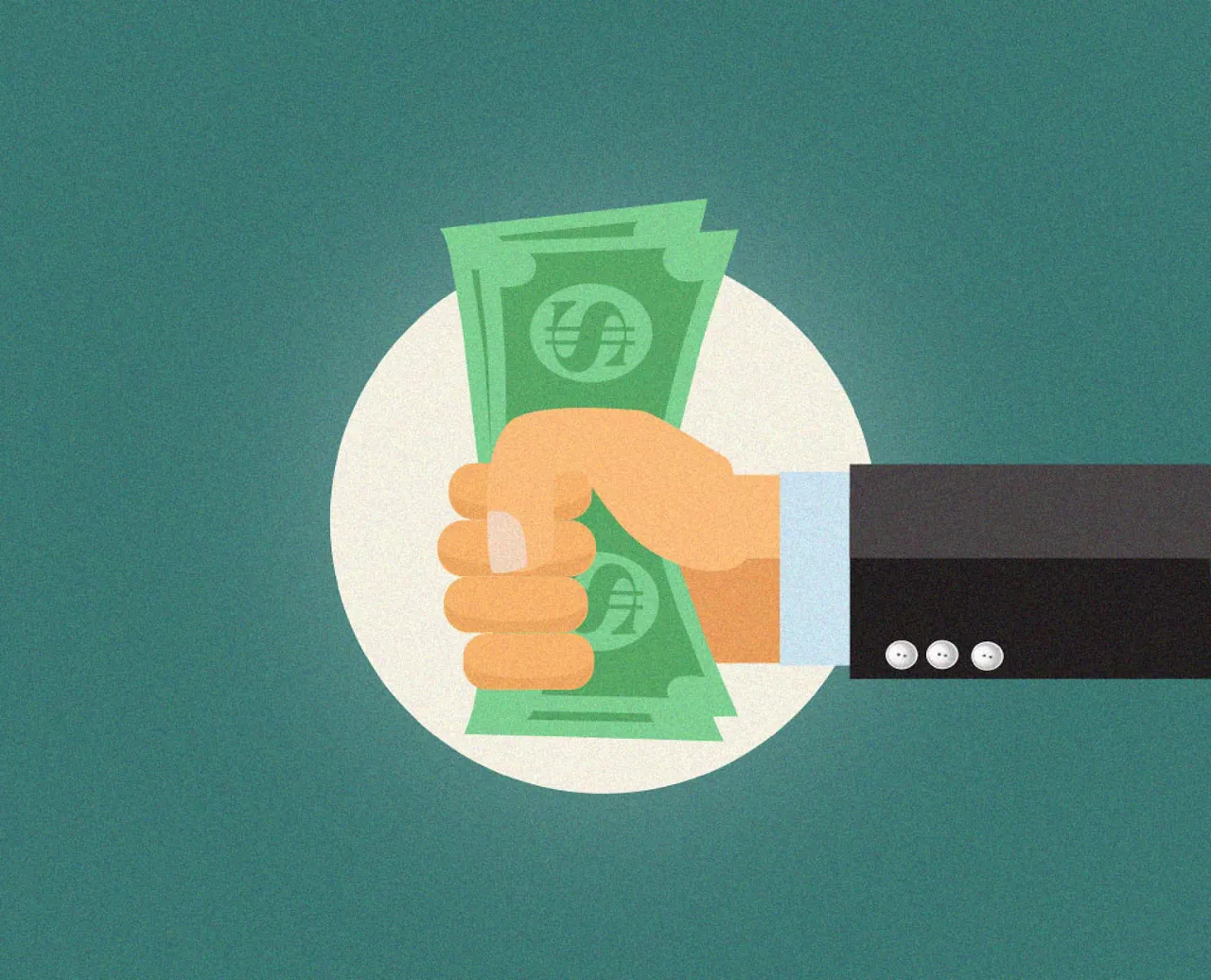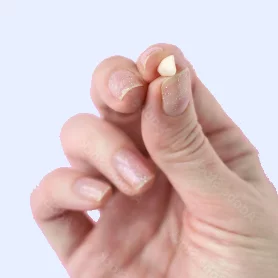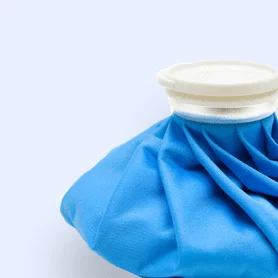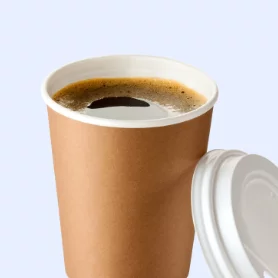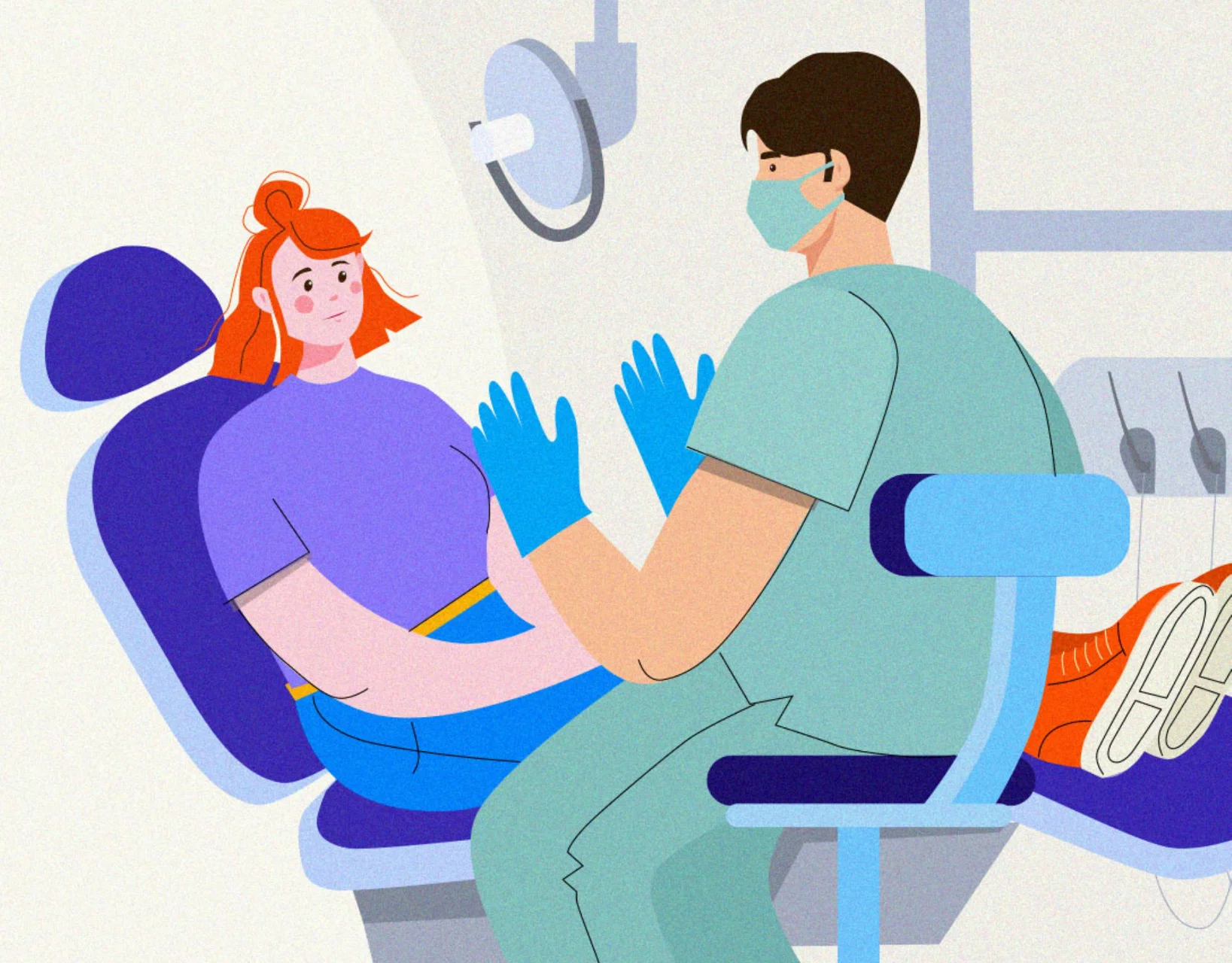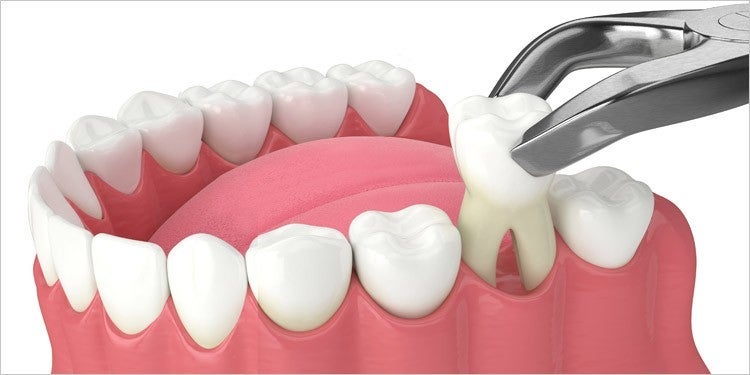How can we help?
- OVERVIEW
- ROUTINE CLEANING
- DENTAL HYGIENE
- CANCER SCREENINGS
- X-RAYS/IMAGING
- DENTURES
- TELEDENTISTRY
- DENTAL SEALANTS
- FLUORIDE TREATMENT
- FILLINGS
- SEDATION DENTISTRY
- DENTAL CROWNS
- BRIDGES
What Dental Procedures Require Sedation?
The type of dental work that requires sedation can vary from person to person. If you’re thinking of using sedation, it’s helpful to know which procedures require it. Rest easy, these are the five most common procedures.
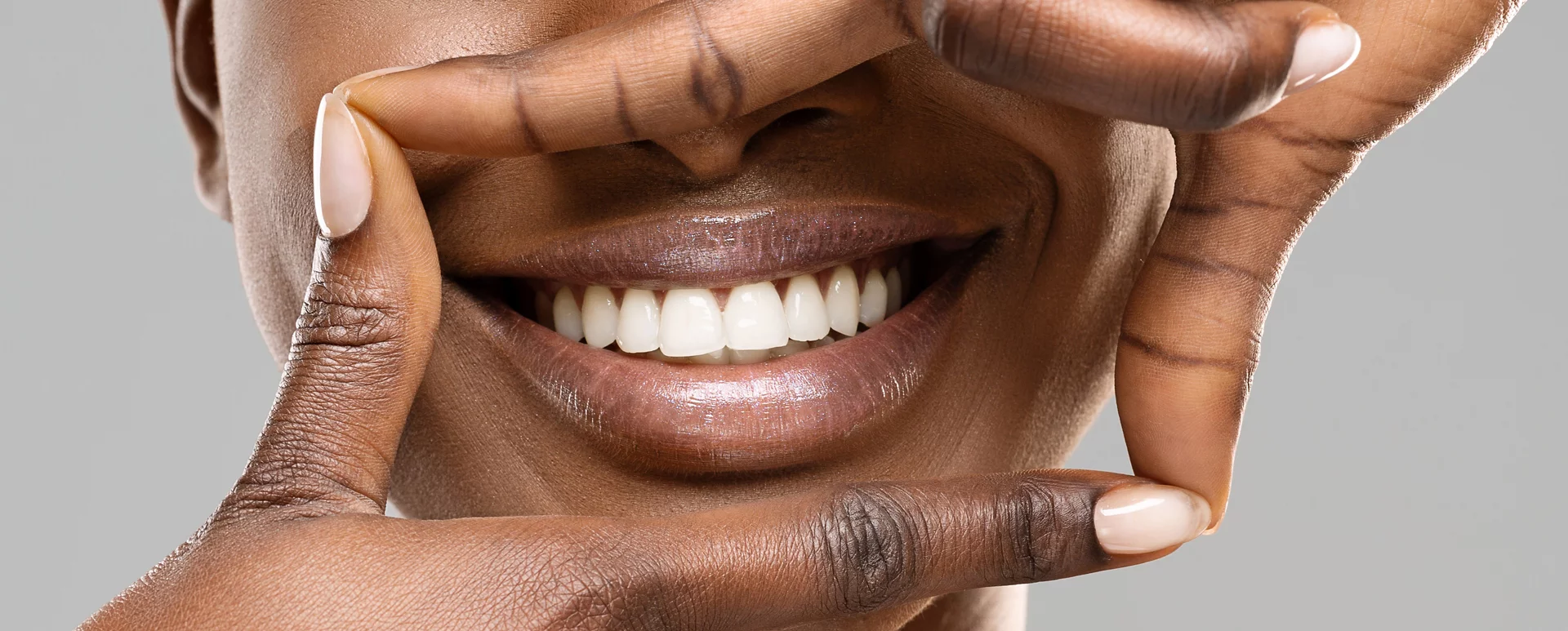
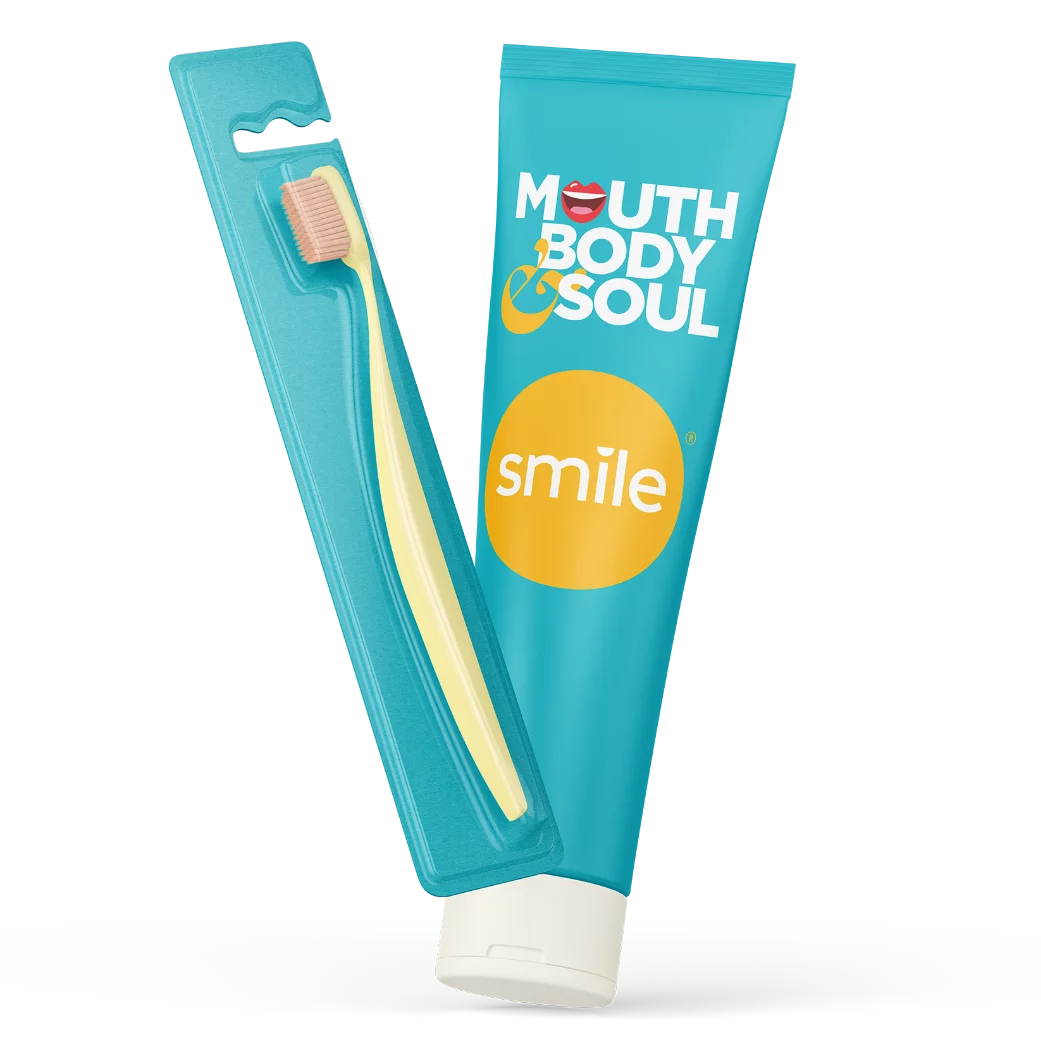

Book an Appointment Today
It’s no secret visiting the dentist can cause anxiety, but it shouldn’t prevent you from receiving the oral care you deserve.
Got questions?
We’ve got answers to all of your sedation questions. Browse our FAQs here or give us a call at 1-800-SMILEGEN.
Nitrous oxide, often known as laughing gas, is a mild sedative commonly used during dental treatments. It’s used to manage a patient’s pain and anxiety due to the treatment, but it’s not meant to put you to sleep. Since the mid-1800s, laughing gas has been employed in surgical and dental treatments.
Because of its effectiveness and safety, dentists are increasingly turning to laughing gas for sedation. It acts rapidly, usually in a matter of minutes, and it wears off quickly once the treatment is through. In addition, laughing gas allows you to speak with the dentist throughout the treatment because you are not sleepy, like you would be under general anesthesia.
Laughing gas is an excellent sedative for a variety of dental operations. However, that does not imply that it is appropriate or safe for all patients. If you have any of the following problems, consult your dentist before undergoing any procedure:
• Chronic obstructive pulmonary disease (COPD) or any other respiratory disorders
• Drug and substance abuse history
• Currently in the first trimester of pregnancy
• Vitamin b-12 deficiency
• A history of mental health condition
Related Posts
Related Posts
Sources
WebMD. (n.d.). Sedation Dentistry: Can You Really Relax in the Dentist's Chair? https://www.webmd.com/oral-health/sedation-dentistry-can-you-really-relax-in-the-dentists-chair
Your Dentistry Guide. (n.d.). Sedation Dentistry: Types, Uses, and Risks. https://www.yourdentistryguide.com/sedation/
Colgate. (n.d.). Is IV Sedation Dentistry Right for You? https://www.colgate.com/en-us/oral-health/anesthesia/is-iv-sedation-dentistry-right-for-you

